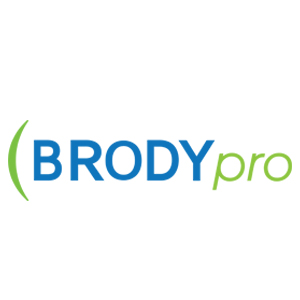At a recent networking event, a young man named Tony told me he edged out the competition to land a plum job at a Fortune 100 firm.
He’d interviewed first with an executive recruiter, who told Tony he only had one other candidate in mind to recommend for the position. Tony knew the other candidate and thought for sure he was outmatched. The other guy had the impressive resume, the connections, the experience, and some important technical skills that Tony did not have. And yet, Tony won the position.
“How did you beat out the other candidate?” I asked.
“Table manners,” he answered.
It turns out that the recruiter always takes serious candidates out for a meal at an upscale restaurant nearby. Tony’s competition might have had the technical skills and the experience, but he made a series of etiquette gaffes that told the recruiter he was not ready for such a high-profile job.
With a grin, Tony told me what he eventually learned through the office grape vine (yes, the walls do talk!): The other candidate didn’t place his napkin in his lap, was abrupt with the server when a mistake was made, and worst of all, he talked with his mouth full! He chewed his way right out of a lucrative and prestigious job.
Wouldn’t it be awful to lose a job because you didn’t know which bread plate was yours or you used the wrong fork for salad?
If you are looking for a high-profile job, one with heavy client contact or executive board contact or even media contact, business dining etiquette know-how is critical.
These so-called “soft skills,” including all types of good manners (workplace behaviors, office equipment etiquette, technology protocols, etc.) — are something many HR reps and recruiters say is more important to them than hard, technical skills. The sad part is that they’re having trouble finding candidates who are qualified in both skill sets!
In my 30+ years of experience, I’ve seen that business meals are one of the most frequently mishandled professional situations.
Here are 5 key pointers to ensure that you don’t get egg on your face in a business dining situation:
- If you are the host, recommend food selections to your guest so he/she doesn’t have to fumble with the menu.
- Do not talk business until the food has been ordered, unless your guest brings it up first.
- Order a meal in the same price range as your guest, so no one feels awkward.
- Never wave your silverware around while talking. Of course, I’m sure that I don’t have to tell YOU to chew with your mouth closed.
- When out with clients or colleagues, do not ask for a “doggie bag.”
